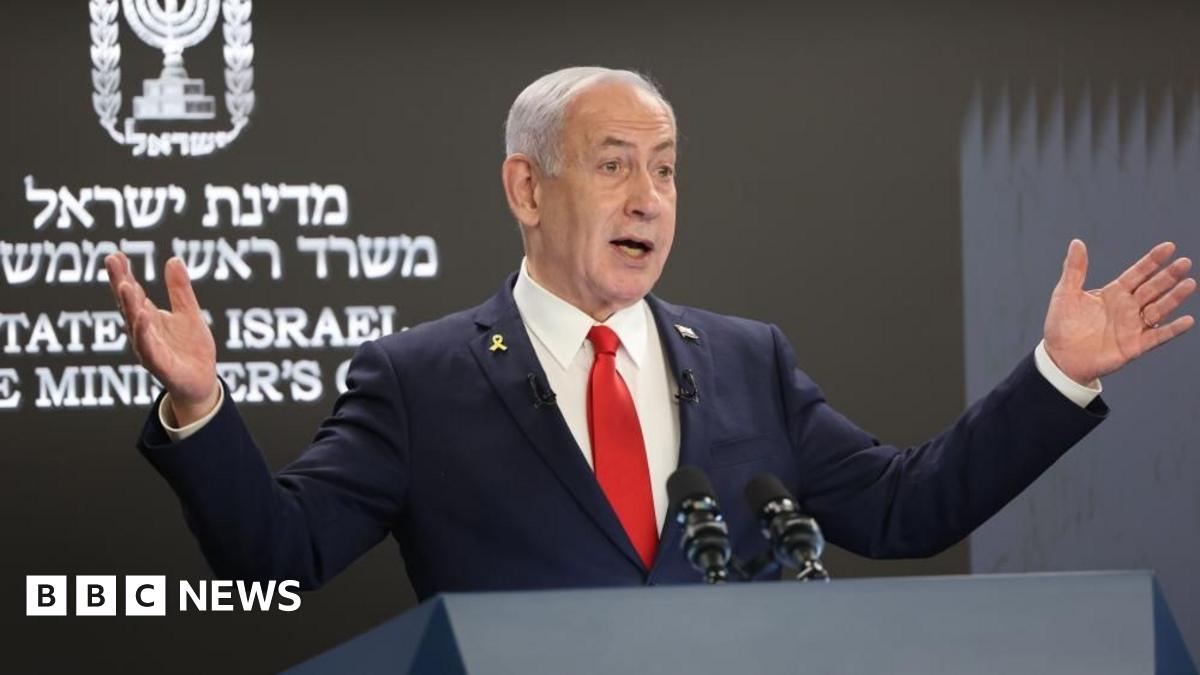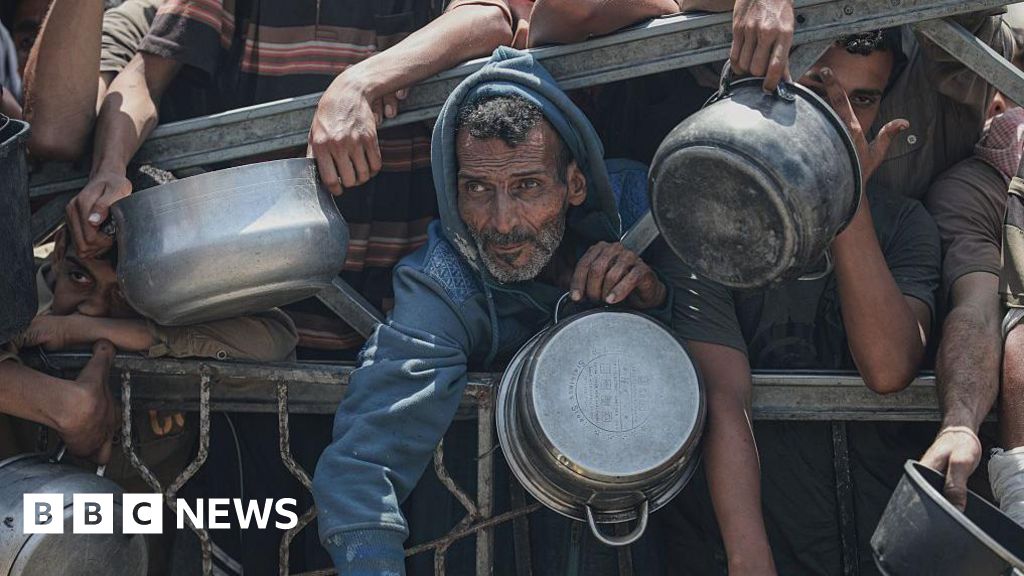Famine in Gaza City: A Call for Urgent Action

Introduction
The United Nations-backed initiative has confirmed that parts of Gaza City are currently facing a famine. This shocking report was released on Friday, and it is expected to spread to other areas of the city as well. This is a serious humanitarian crisis that needs attention and action from the international community.
Key Details
The famine in Gaza City is a direct result of the ongoing political and economic crisis in the region. The Israeli blockade has severely limited the import of essential goods, leaving the Palestinian people without access to basic necessities like food, medicine, and fuel. This situation has only worsened due to the recent conflict between Israel and Hamas, causing further damage to already struggling infrastructure.
Impact
The impact of this famine is devastating, with thousands of families struggling to survive and facing dire consequences. Children are especially vulnerable, with reports of malnutrition and stunted growth on the rise. The UN-backed initiative is calling for urgent action to address this crisis and provide aid to those in need.
About the Organizations Mentioned
United Nations
The United Nations (UN) is a pivotal international organization established in 1945, following the devastation of World War II, with the primary goal of maintaining global peace and security, fostering international cooperation, and promoting social progress. The UN Charter, signed by 51 founding member states, including the United States, the United Kingdom, China, and the Soviet Union, laid the foundation for this ambitious endeavor[1][3]. ## History and Structure The UN was born out of the failures of its predecessor, the League of Nations, which failed to prevent World War II. Key planning meetings, such as the Dumbarton Oaks Conference in 1944, defined the UN's structure, which includes the General Assembly, the Security Council, the Economic and Social Council, the Trusteeship Council, the International Court of Justice, and the Secretariat[1][6]. The Security Council, with five permanent members (the United States, China, France, Russia, and the United Kingdom), holds significant influence due to its veto power[2]. ## Key Achievements Over the years, the UN has played a crucial role in conflict resolution, human rights advocacy, and sustainable development. Notable achievements include the establishment of the Universal Declaration of Human Rights in 1948 and the implementation of numerous peacekeeping missions worldwide[3][4]. The UN has also been instrumental in addressing global challenges such as climate change and pandemics through its various programs and agencies. ## Current Status Today, the UN comprises 193 member states, with its most recent addition being South Sudan in 2011[5]. The organization continues to evolve, addressing emerging issues like digital governance and cybersecurity. Despite challenges, the UN remains a cornerstone of international diplomacy and cooperation. ## Notable Aspects The UN's work is not limited to politics; it also impacts business and technology through initiatives that promote sustainable development and digital inclusion. Its role in setting global standards and fostering international cooperation makes it a significant player in shaping the


















